Is time up for nuclear power in Switzerland?
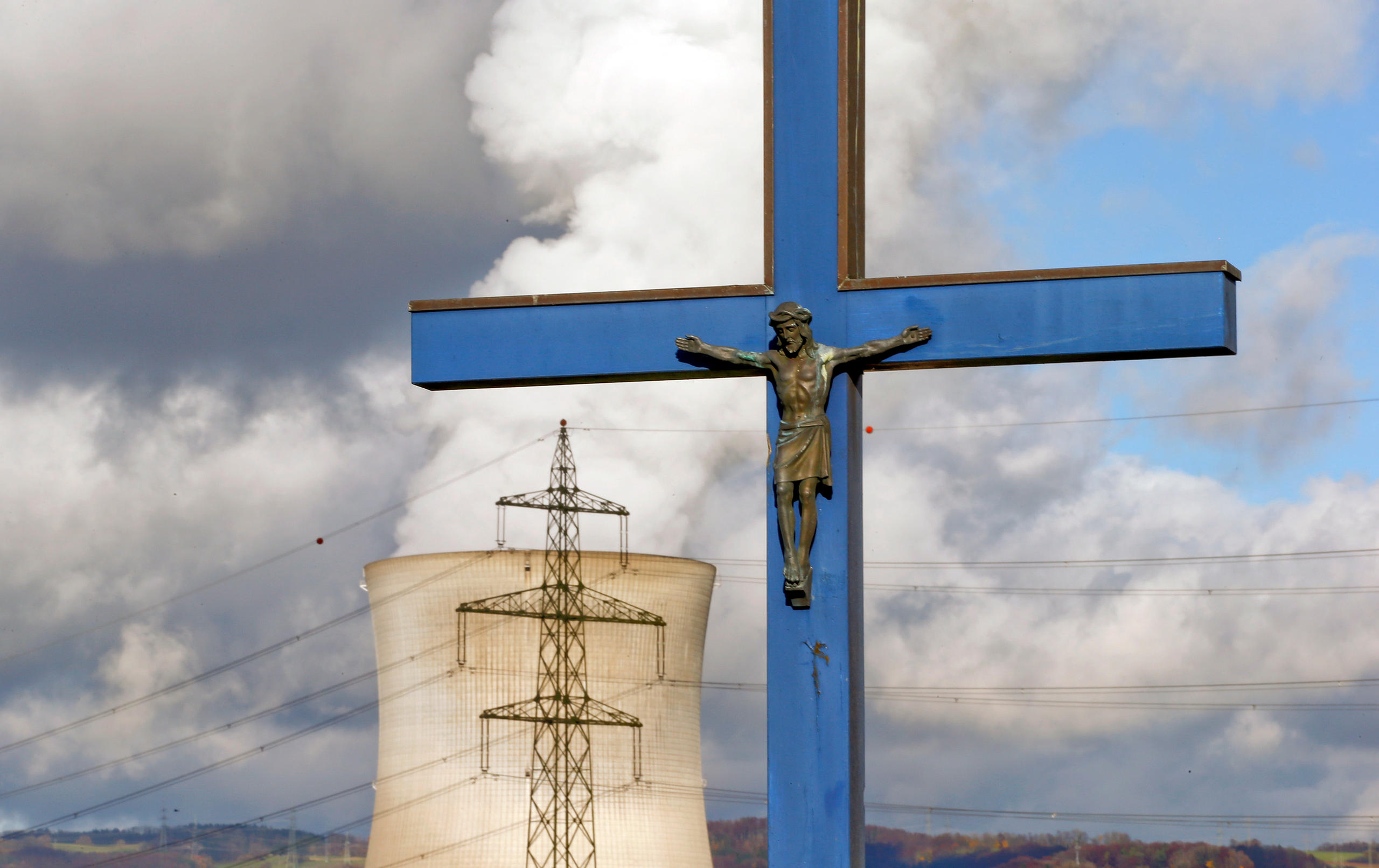
Banning construction of nuclear power plants and limiting to 45 years the use of existing ones: that’s what a people’s initiative from the Green Party, to be voted on in November, proposes. It has not been endorsed by the cabinet or by parliament.
On March 11, 2011, dramatic footage from Japan showed the destruction caused by an earthquake and tsunami. The coastal nuclear power plant at Fukushima sustained severe damage. There was worldwide concern, and a few weeks later the Swiss government announced its historic decisionExternal link that “existing nuclear power plants [in Switzerland] should be decommissioned at the end of their safe operational lifespan and not be replaced by new nuclear power plants”.
According to the government, the lifespan of nuclear power plants, based on technical safety criteria, is “about 50 years”. This was too long for the Greens, who want to walk away from nuclear power without any vacillating. In May 2011 they launched a people’s initiative “For a planned phase-out of nuclear energy”, which they handed in with well over 100,000 signatures in November 2012. As a result, the people will now have to decide on the future of Switzerland’s nuclear power plants in a nationwide vote.
‘Permanent state of emergency’
The initiative calls for Swiss power plants – which supply on average 35% of the country’s electricity production – to be shut down after no more than 45 years of operation. This would mean that the stations Beznau I and II (in canton Aargau) and Mühleberg (Bern) should shut down in 2017, Gösgen (Solothurn) in 2024 and Leibstadt (Aargau) in 2029.
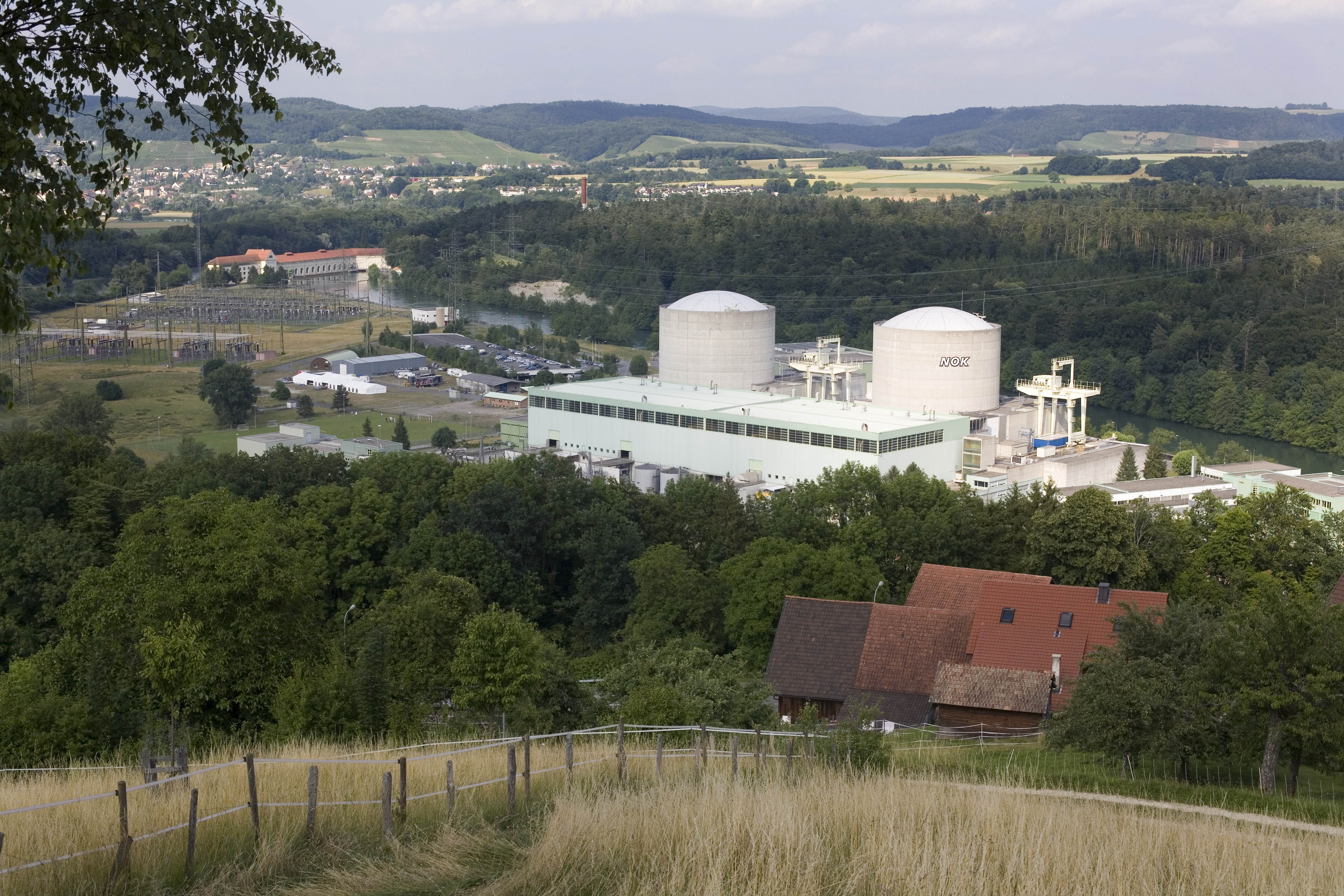
More
Beznau or never
“Switzerland has the oldest nuclear power plants in the world. Beznau I has been going for 47 years,” points out Regula Rytz, president of the Swiss Greens and co-chair of the Alliance for a planned phase-out of nuclear powerExternal link. Using data from the International Atomic Energy Agency, the committee to support the initiative notes that the 151 nuclear power plants that had been closed around the world as of late 2015 had reached an average age of less than 26 years.
“Nuclear energy puts us in a state of permanent emergency. This is a high-risk technology, and its negative consequences are going to be around for thousands of years,” warns Rytz, referring to accidents at Windscale (Britain, 1957), Three Mile Island (US, 1979), Chernobyl (Ukraine, 1986) and Fukushima.
What will replace nuclear power?
While supporting the basic principle of the initiative, the Swiss government opposes the constitutional amendment put forward by the Greens. Fixing a time limit, it says, means having to implement “too hurried a shut-down of Swiss nuclear plants, thus requiring major imports of electricity from abroad”. The government is instead holding to the “orderly and step-by-step” phase-out detailed in its Energy Strategy 2050, which was recently endorsed by parliament.
Energy Minister Doris Leuthard, one of the key players in the energy shift announced five years ago, warns that if the initiative is accepted, the country will not be ready with renewable energies. “We will have to import power from abroad, produced by coal- and gas-fired stations. Is this really what the Greens want?” she asks.
As far as advocates of the initiative are concerned, however, finding a clean alternative to nuclear power is not likely to be a problem. Renewable sources (water, wind and sun) and progress in energy efficiency will pick up the slack from nuclear power, they maintain.
About 40,000 clean energy projects have applied for incentive fundingExternal link from the government, notes Rytz. “On their own, these could provide electricity equivalent to the output of Mühleberg and Beznau I and II.”
Billions to phase out power plants
One thing bothering the government is the likelihood of steep demands for compensation from the operators of nuclear power plants that would be facing early closure. Former head of the Axpo electricity company Heinz Karrer, quoted in the daily Neue Zürcher Zeitung, has said compensation could amount to billions of francs.
As part of the price-tag for phasing out nuclear power, the business lobby economiesuisse – currently headed, as it happens, by Heinz Karrer – points to the costs of dismantling the stations and managing the waste.
Three out of five stations would have to close even before winter 2017-2018, when we need the most electricity, says Dominique Rochat, an economiesuisse energy researcher. “Switzerland will not be able to develop other means of production in so short a time: we will have to import a lot of electricity, and our security of supply will be less.”
More CO2 emissions
The issue of maintaining power supply has been the focus for the centre-right majority in parliament, which is calling on the people to reject the initiative of the Greens.
“No one is saying where the energy is supposed to come from when the sun doesn’t shine and the wind doesn’t blow”, Albert Rösti, a leading figure in the rightwing Swiss People’s Party and president of a lobby groupExternal link that favours nuclear power, complained during the parliamentary debate.
Christian Democrat senator Beat Vonlanthen noted that without nuclear power the country would not be able to reduce its CO2 emissions. Switzerland would therefore fail to reach its stated objective under the terms of the Paris climate agreement, which involves halving emissions by 2030.
Greens and Social Democrats, however, took the view that keeping the power plants open meant playing Russian roulette.
“We simply need to stop using this dangerous technology,” said Green senator Robert Cramer.
In a country with a population like Switzerland, the consequences of a nuclear accident would be “intolerable”, noted Social Democrat Roger Nordmann.
The issue will now be put before the voters on November 27. Even if the initiative is turned down, Switzerland will soon have one fewer nuclear power plant. The Bern electricity company BKW has announced that its station at Mühleberg, outside Bern, will close in 2019 for financial reasons.
Nuclear energy in Switzerland and around the world
In Switzerland, nuclear energy is used exclusively for peaceful purposes: the production of electricity and applications in the sectors of medicine, industry and research.
In 2015, the country’s five power plants produced 22.1 terawatts of electricity (33.5% of the national total). Currently, Beznau I is closed after small cracks were spotted in the containment structure.
Globally, there are 447 nuclear reactors used for commercial purposes in 31 countries (as of September 2016). Most are in the US (100), France (58), Japan (43), Russia (36) and China (34). In total, they produce 11.5% of global electricity.
(Sources: Federal Energy Office, World Nuclear Association)
Translated from Italian by Terence MacNamee

In compliance with the JTI standards
More: SWI swissinfo.ch certified by the Journalism Trust Initiative
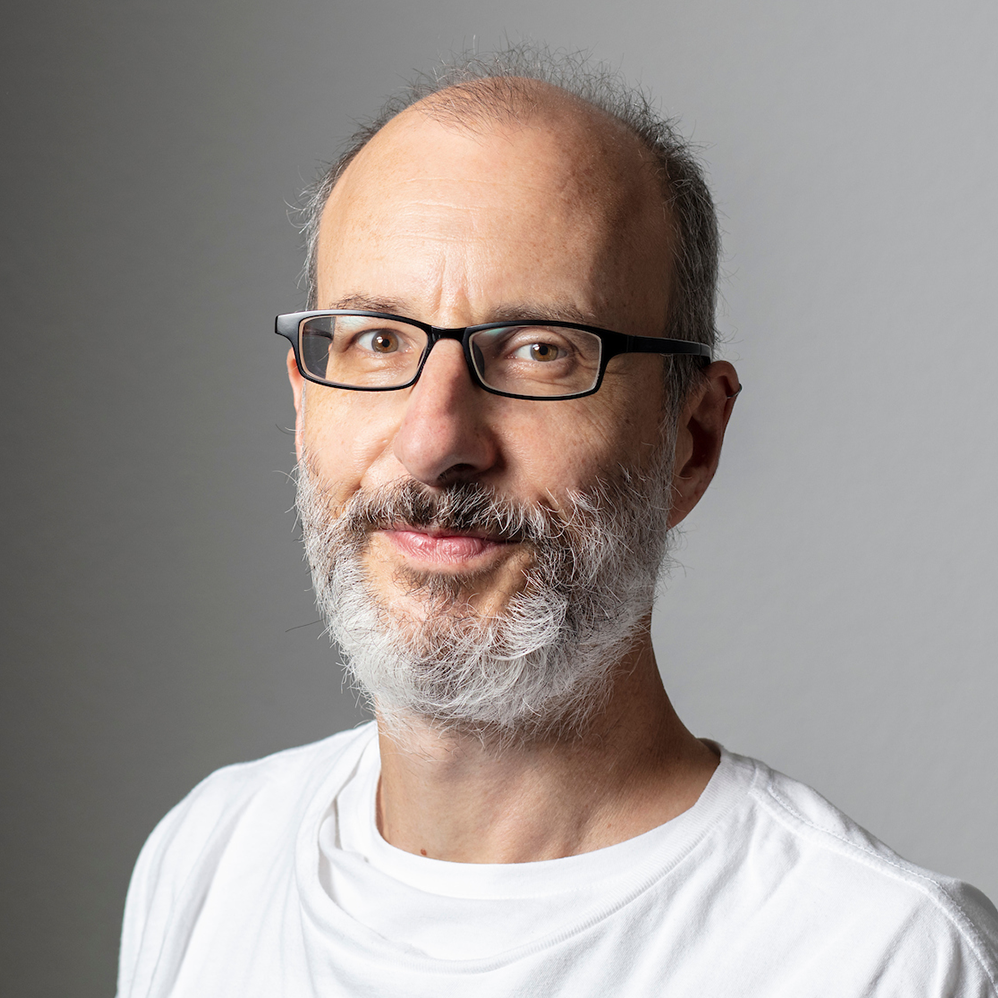
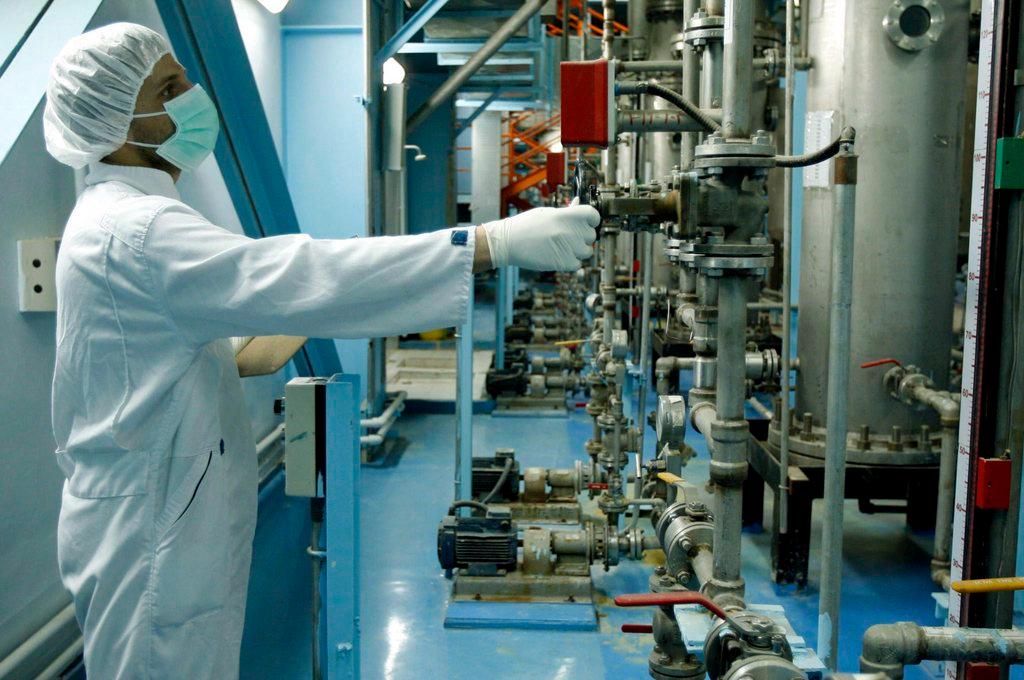
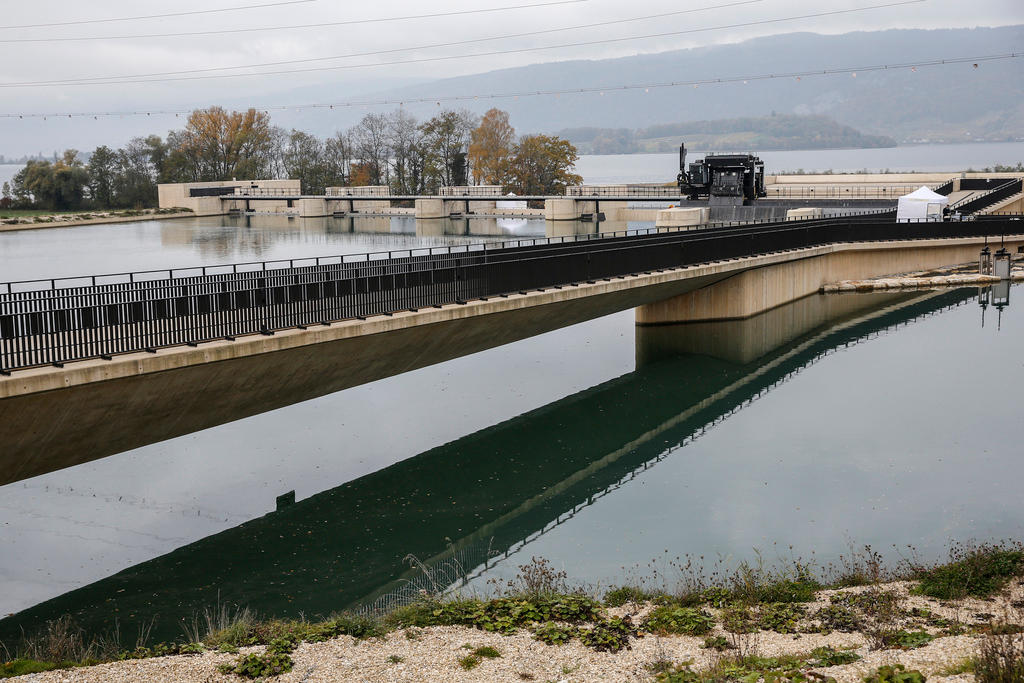
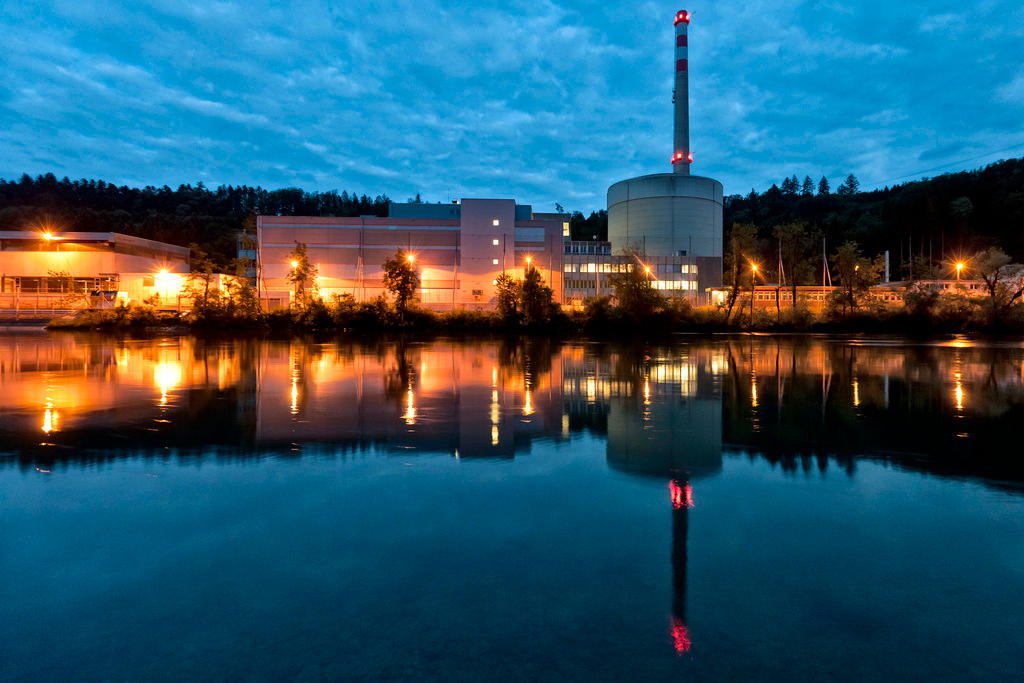

You can find an overview of ongoing debates with our journalists here. Please join us!
If you want to start a conversation about a topic raised in this article or want to report factual errors, email us at english@swissinfo.ch.